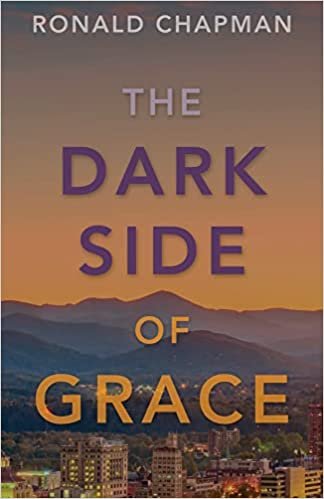Fragility
/Anti-fragile May Be Ideal, but I Just Don’t Feel Up to It
A few years ago Nassim Nicholas Taleb wrote an excellent and thoughtful book called, Antifragile: Things That Gain from Disorder. His premise is that as a result of the values and reality of our culture, our artifacts and institutions are fragile—easily damaged by random forces. Then he asks us to consider a question. What if an object were anti-fragile, and actually thrived on chaos? With that challenging notion, he reminds us that uncertainty is not only inevitable, but even beneficial. After all, biological organisms can adapt and regenerate in response to random shocks or fluctuations. Stress is an essential aspect of life, and it makes you stronger. So why not think, design and act from this perspective?.
I have to admit it makes sense. Wouldn’t we want trees that are strengthened by stress, organizations that are enhanced by duress, personalities that strengthen when pressed, and lives that thrive when placed under demands?
When I read the book, it made so much sense to me. It was consistent with how I viewed our potential as well as the cultivation of resilience and grit.
Yet at the time of this writing, I have been feeling fragile. And as much as anti-fragility may be an optimal reality, it’s a struggle.
Some of it is the inevitable decay of age. While sixty-two is not especially old by modern standards, the past couple of years have shown a noticeable erosion in my vitality. Most recently, I’ve seen the first overt signs of cognitive decline, i.e. mental capacities that are just not what they were. With that come the inevitable fears of dementias, loss of vigor, and diminishing independence. I know, I'm foreshadowing, but no one gets out without decline and death.
Of course, there is likewise a physical decline ongoing. Honestly though, I'm less disturbed by this than the prospect of intellectual diminishment. Maybe its because I could see and expect the physical effects, or maybe it is because I am so deeply attached and identified with myself as a thinking, intellectual being.
Regardless, depression and grief are part of the human package. I guess it’s insufficient to have read and studied about the emotional and psychological processes of reconciling to our own mortality. There is nothing like a bracing dose of reality and experience to make things real.
Most disturbing of late though is an awareness of increasing emotional fragility. It’s not just that I cry more often and at the most interesting things, which is hopefully a sign of greater maturity and a softening of the brittle parts of my personality. It’s that it hurts my heart to have to tackle difficult things or difficult people. There was a time when I was certain that engaging difficulties was an invigorating experience. Now, it’s as if I really see I have better things to do with my energy and time.
It’s not like I’m elderly or on death’s door, and by most standards I'm a pretty healthy man. But it is like that moment when you sense the season shifting from full on summer to the first softening into autumn. And there is a beautifully bittersweet quality to it.
I have always believed I would weather life well. That I would pass through with good grace and a positive outlook. Now I’m not so sure. I have not been adequately prepared. Maybe none of us can be.
In the past few years I’ve become aware that I have questions about who I am and how I’m living my life. When I was younger, I could consider answers. Now I find myself wanting to embrace the tenderness of these experiences. And to steer clear of the people and circumstances that demand me to be tough and resilient.
Today, I want to relish the experience of fragility.
Seeing True™
For each season of life, there are new experiences to be engaged. They necessarily ask of us new ways of being. The only option we have is to practice when, how and where we are.
Updated August, 2019














